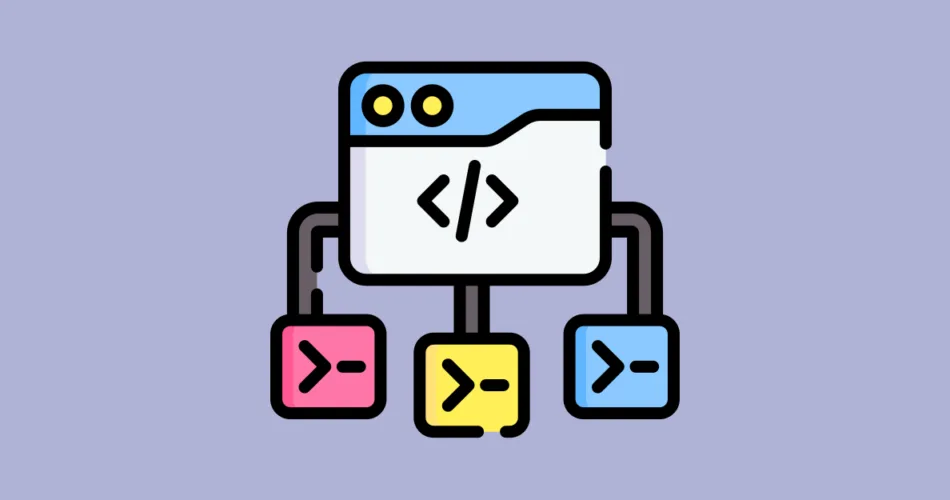Logging is a fundamental part of software development and system maintenance. It allows developers and administrators to record and track various events and activities in applications and systems. To implement robust logging in Java, developers often turn to logging libraries and frameworks. In this article, we will explore some popular logging libraries and frameworks used in Java.
Using Logging Libraries like Log4j, SLF4J, Logback
Log4j: Log4j is one of the most widely used logging libraries in the Java ecosystem. It provides versatile and highly configurable logging capabilities. Developers can control log levels, output destinations (e.g., files, consoles), and log formatting. Log4j has been popular for years due to its reliability and performance.
SLF4J (Simple Logging Facade for Java): SLF4J is not a logging library itself but serves as a facade or abstraction layer for various logging frameworks, including Log4j, Logback, and java.util.logging. SLF4J allows developers to write code that is independent of the underlying logging implementation. It simplifies the process of switching between different logging frameworks.
Logback: Logback is another powerful logging framework that can be considered as a successor to Log4j. It offers similar features to Log4j but with enhanced performance and easier configuration. Logback includes a flexible XML-based configuration system and supports multiple appenders for directing logs to various outputs.
Logging with Java’s Built-In java.util.logging
Java comes with a built-in logging framework known as java.util.logging. It provides basic logging capabilities, making it suitable for simple applications and quick debugging. While not as feature-rich as some third-party libraries, it is available out of the box, eliminating the need for additional dependencies.
Now, let’s look at an example of using the SLF4J framework along with Logback for logging in a Java application:
import org.slf4j.Logger;
import org.slf4j.LoggerFactory;
public class MyApp {
private static final Logger logger = LoggerFactory.getLogger(MyApp.class);
public static void main(String[] args) {
logger.info("This is an informational log message.");
logger.error("This is an error log message.");
}
}
By using SLF4J as the facade and Logback as the actual logging framework, you achieve flexibility in logging and can easily switch to a different implementation without changing your application code.
In conclusion, logging is a crucial aspect of software development for tracking and diagnosing issues. Java offers various logging libraries and frameworks like Log4j, SLF4J, Logback, and java.util.logging to cater to different application requirements. The choice of logging tool depends on the project’s complexity, performance needs, and configuration preferences.
Subscribe to our email newsletter to get the latest posts delivered right to your email.


Comments